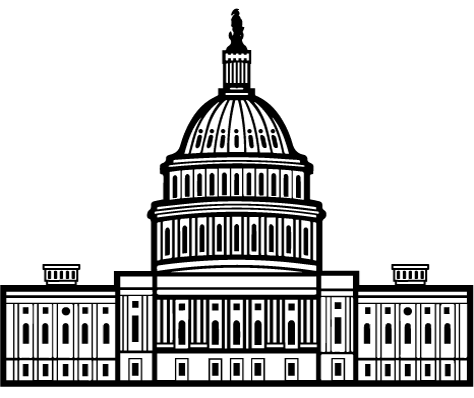The White House and congressional leaders have agreed on a two-year (FY20-21) budget framework, which will prevent a return of the deep cuts associated with the sequestration policy that was first implemented by the Budget Control Act of 2011. The deal to raise spending caps by $321 billion over two years will accompany a suspension of the debt limit until July 2021. Federal discretionary spending over the two-year period will increase by 4% as opposed to being cut by roughly 10%. Research and student aid line-items would fare relatively well with the new higher spending caps. The agreement must still pass both chambers of Congress and be signed by President Trump. The bill is likely but not certain to succeed.
Should the new budget agreement become law, the Senate would be able to begin moving their spending bills for the coming fiscal year, which starts on October 1. The House has largely utilized artificial spending caps to create and approve its versions of the FY20 spending bills.


